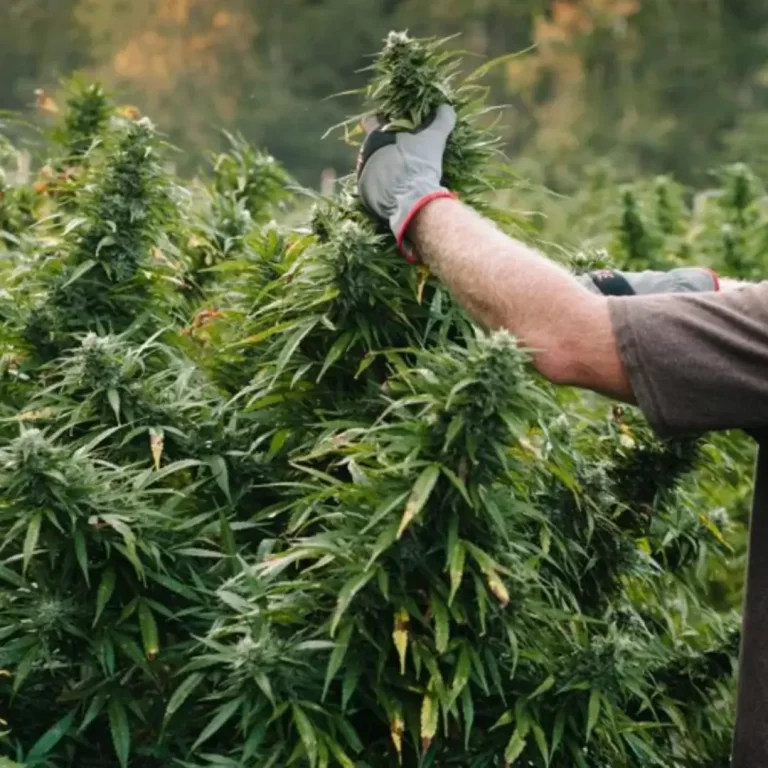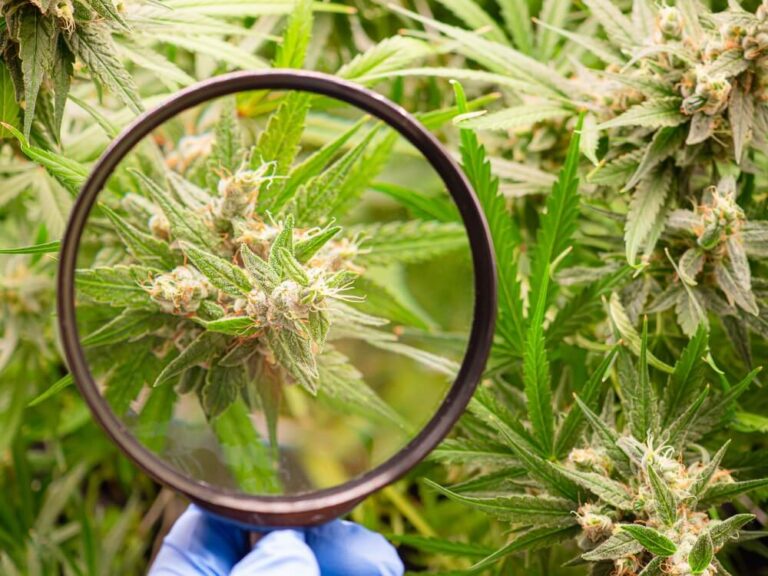
$60 Mil in Marijuana Taxes Flow Back to Michigan Communities
- Cannabis News
- Cannabutter Digest
Due to Michigan’s growing cannabis industry, the state will provide almost $60 million in marijuana revenue to fund local communities.
Local governments that have approved the sale of recreational cannabis in their cities, villages, townships, or towns should receive around $51,800 for every micro-business and retail store with issued licenses.
The total adult-use sales going to local governments is around 30%. The remaining 70% will go to roads and schools. The figures from 2020 and 2021 compared to last year indicate the marijuana industry is on a steady rise with no signs of slowing down any time soon.
Washtenaw County distributed 40 licenses to cannabis businesses, receiving the highest return at approximately $2,000,000. Returned funding for Lansing and Ann Arbor exceeded the million-dollar mark.
Contributions to Governments from Cannabis Revenue
Distributions of revenue from recreational marijuana sales are relatively new.
In 2020, local governments received $9,900,000 in payouts. That comes to $28,000 per business license. There were $42,200,000 in payouts in 2021, with approximately $56,453 for each license.
Although the amount per license decreased by $5,000, the revenue collected by local governments this year was $17,000,000 higher.
An Overview of the Regulation and Taxation of Marihuana Act
In November 2018, Michigan became the first state in the Midwest to allow both recreational and medical marijuana for adults 21 and older. It spawned the Regulation and Taxation of Marihuana Act, imposing a 6% sales tax and 10% excise tax on retail cannabis sales.
The Act also established regulations for funding by the state treasury. It allows the treasury department to collect all revenue from legal cannabis businesses and deposit it in a fund. The state treasurer is responsible for directing the funds’ investment and crediting fund earnings and interest from these investments. The department also administers the fund for auditing.
The Act authorized the department to appropriate funds from the general fund for the initial activities related to implementing the new legislation. The department must repay the amount of money allocated from fund proceeds.
Department requirements also involve prioritizing spending the money in the fund on administering, implementing, and enforcing the Act. It can then provide $20,000,000 yearly until 2022 or for at least two years. The money can go to one or more FDA-approved clinical trials. The trials must also be sponsored by a non-profit organization or a researcher within an academic institution researching the efficacy of marijuana in treating veterans’ medical conditions and preventing veteran suicide.
After granting the funds, unused balances must be distributed according to these requirements:
- 15% to counties with a marijuana microbusiness or retail store assigned proportionately to the number of marijuana microbusinesses and retail stores nationwide
- 35% to the Michigan transportation fund for maintaining and repairing bridges and roads
- 15% to municipalities with a marijuana microbusiness or retail store administered comparatively to the number of cannabis microbusinesses and retail stores in the municipality
- 35% to the school aid fund for K-12 education
Tracking Growth in the Cannabis Industry
Although marijuana is legal statewide, any business owner wanting to open a shop within a specific area must seek approval from the appropriate government agency. The number of microbusinesses and dispensaries registering and receiving approval for licenses shows the significant growth in the cannabis industry since 2020.
Only 104 municipalities issued 356 licenses for businesses to sell recreational cannabis in 2020. In 2021, the number increased to 163 municipalities sending out 748 business licenses. By 2022, registered marijuana business licenses skyrocketed to 1,148 in 224 municipalities.
The Michigan Department of Treasury reported the latest figures showing $198,400,000 in recreational marijuana revenue. The school aid fund and transportation fund will each receive $69,400,000.
Cannabis sales totaled $1,800,000,000 in 2022. That is a massive jump considering the total sales from 2021 was $1,100,000,000, while the state reported only $341,000,000 in sales for 2020.
Among all states with legal marijuana, Michigan has some of the highest sales totals for recreational cannabis. MJBizDaily tracks cannabis sales in medical and recreational markets that released their data. They discovered Michigan reported the second-highest monthly sales last year. California was number one.
The price of marijuana has fluctuated since Michigan passed laws to legalize the drug. It began as an expensive commodity, but the cost has dropped significantly since more dispensaries opened throughout the state. A massive portion of the industry also involves the illegal sale of marijuana.
The Michigan Cannabis Manufacturers Association commissioned a firm to study the cannabis market and found approximately 70% of purchases were not at legal retail locations. That means roughly two-thirds of the market isn’t regulated.
Adult-Use Marijuana Funding for 2023
Below are some of the municipalities in Michigan that expect to receive funding from marijuana revenue collected last year.
Allegan County
Allegan County should receive eight licenses totaling $415,000. Broken down by city, this includes:
- Allegan – $156,000 for three licenses
- Douglas – $104,000 for two licenses
- Fennville – $51,800 for one license
- Saugatuck Township – $104,000 for two licenses
Branch County
With a total of ten licenses, Branch County should receive $518,000 in funding for these cities:
- Coldwater – eight licenses totaling $415,000
- Quincy – two licenses totaling $104,000
Chippewa County
Chippewa County expects to receive $311,000 in funding for six issued licenses. The two cities, based on the number of licenses and expected funding, include:
- Detour – $51,800 for one license
- Sault Ste Marie – $259,000 for five licenses
Hillsdale County
Funding for Hillsdale County for eight licenses will be $415,000. The cities expected to receive payments include:
- Camden – four licenses for a total of $207,000
- Jefferson Township – one license for a total of $51,800
- Reading – three licensees for a total of $156,000
Ionia County
Ionia County should get $881,000 in funding for its four licenses in these cities:
- Easton Township – $51,800 for one license
- Ionia – $104,000 for two licenses
- Saranac – $51,800 for one license
You can review the full list here.
Check Out Cannabutter Digest for the Latest in the Cannabis Industry
CannabutterDigest.com provides our readers with informational, exciting, educational, and fun cannabis topics. Browse our recipes to learn how to cook cannabis-infused dishes or stay updated on the most recent cannabis news.






